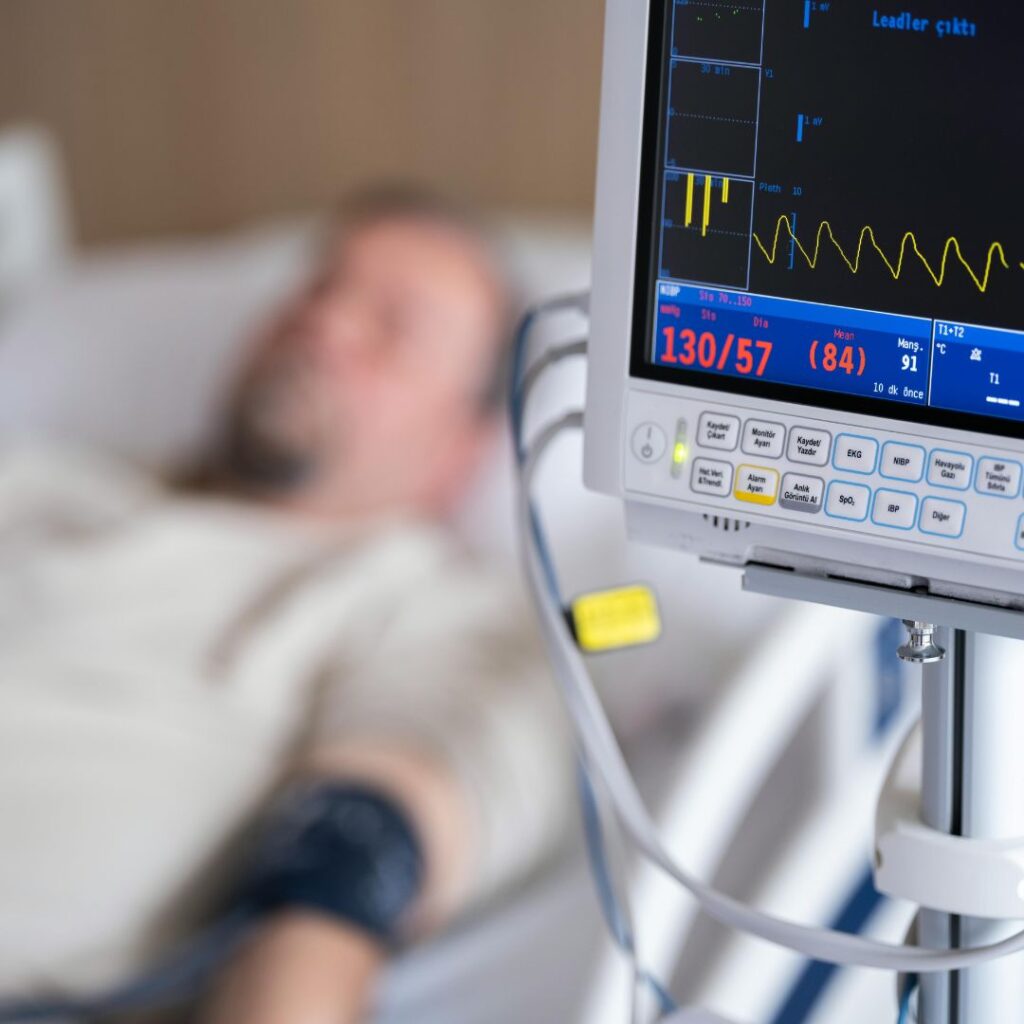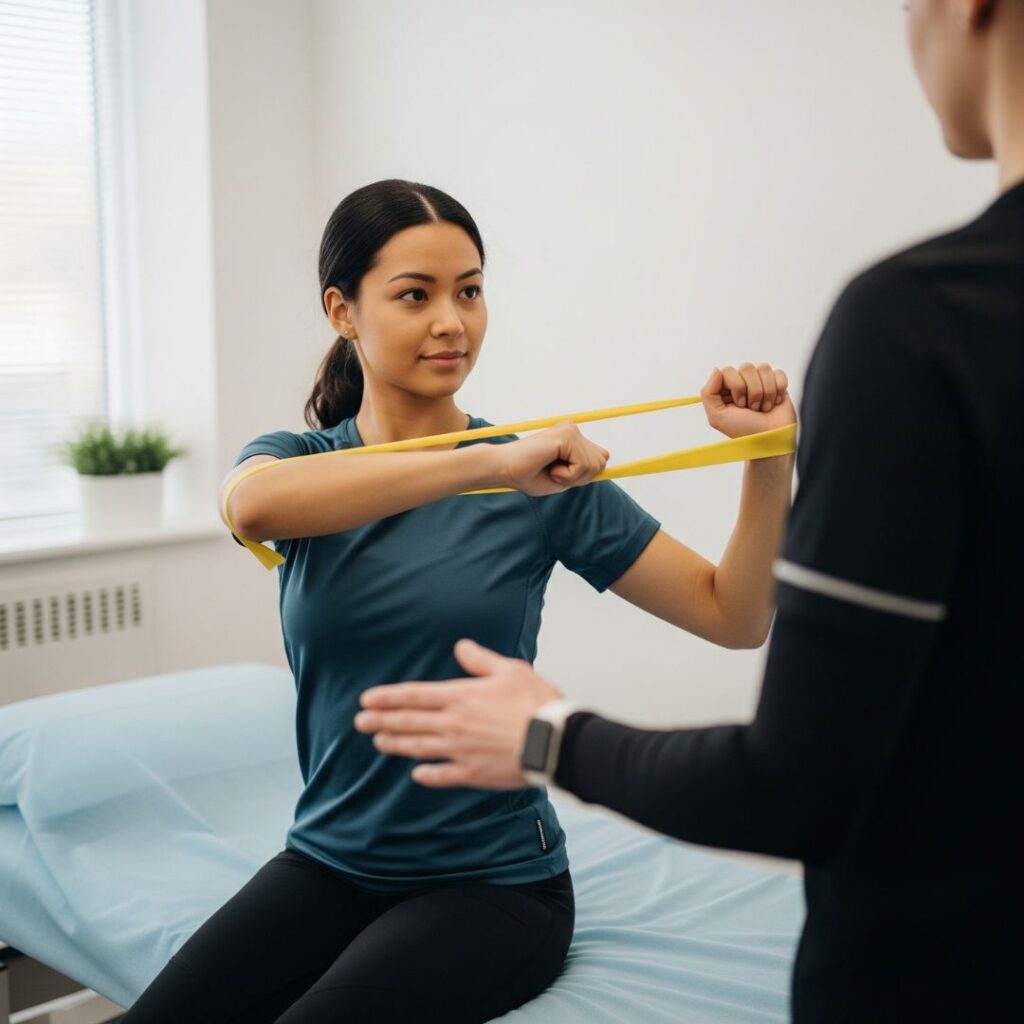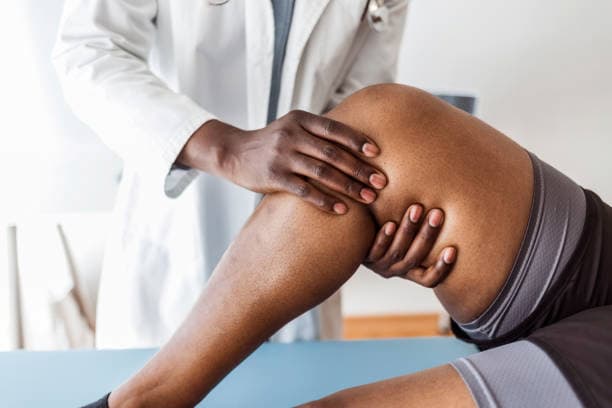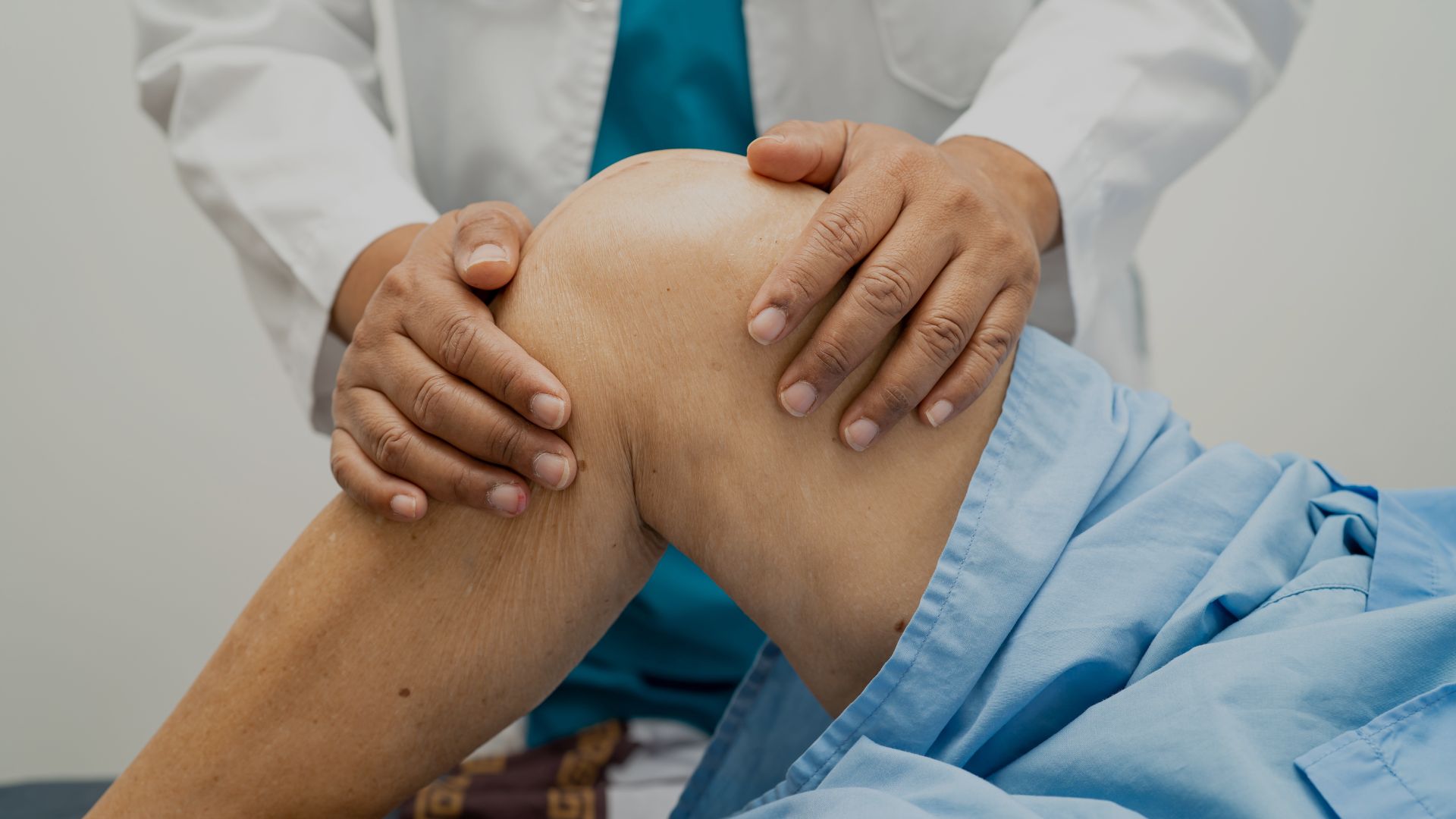The success of your shoulder surgery doesn’t end when you leave the operating room; it’s where your active participation in recovery truly begins. A dedicated approach is essential for restoring strength and function. At Austin Orthopedic Institute, our orthopedic shoulder specialists partner with you through every step. A well-executed rehabilitation after shoulder surgery is a critical phase, and following expert advice is the key to achieving your long-term goals.

Follow Your Surgeon’s Protocol
Your shoulder surgeon provides a detailed protocol tailored to your specific procedure. This roadmap on activity restrictions, sling use, and incision care is paramount. A plan from a shoulder specialist is built on extensive experience and is designed to protect the delicate surgical repair. Adhering to these instructions precisely prevents setbacks and lays the foundation for a smooth healing process.

Manage Pain and Swelling Effectively
Pain and swelling are normal, but effective management allows you to rest and participate in therapy. Use cold therapy as directed to reduce inflammation. Taking prescribed medication on schedule is crucial for staying ahead of discomfort. This proactive approach to pain control is vital for your comfort and for creating an environment where your body can heal efficiently without unnecessary stress.

Commit to Physical Therapy
Formal physical therapy is the cornerstone of successful rehabilitation after shoulder surgery. Your therapist will guide you through specific exercises to safely restore your range of motion and gradually rebuild strength. Attending all your sessions and diligently performing your home exercise program are crucial for regaining full function and preventing future injury.

Optimize Your Sleep Position
Getting quality sleep is essential for healing, but it can be challenging with shoulder discomfort. Sleeping in a propped-up position, such as in a recliner or with a wedge of pillows in bed, can prevent you from rolling onto and stressing the joint. This simple modification can dramatically improve sleep quality and aid recovery.

Be Patient and Listen to Your Body
Shoulder recovery is a marathon, not a sprint, with good days and bad days. It is vital to avoid the temptation to do too much, too soon, as pushing through sharp pain can jeopardize the repair. Learn to distinguish between the dull ache of healing muscles and sharp pain that signals a problem. Respecting the healing process is a sign of wisdom.
Your commitment to a thoughtful recovery plan is the key to getting back to the activities you love. The entire team at Austin Orthopedic Institute is here to support you throughout your journey. Our dedicated shoulder specialists, including Dr. Joel Hurt, MD; Dr. Earl Kilbride, MD, MHA; and Dr. Brett Robin, MD, are committed to providing personalized guidance. For personalized guidance through your recovery process, or if you are dealing with shoulder pain and want to understand your treatment options, contact the specialists at Austin Orthopedic Institute to schedule a consultation.





